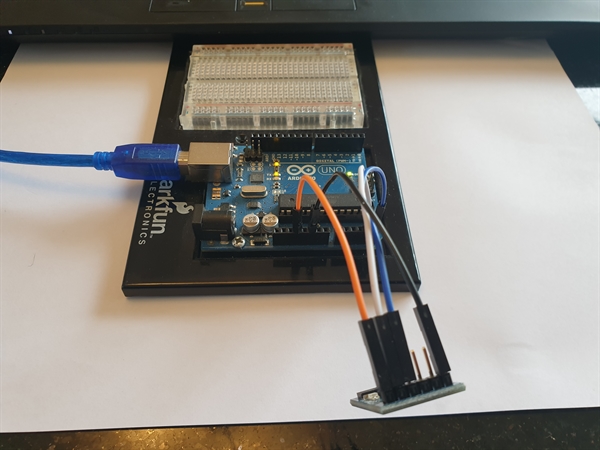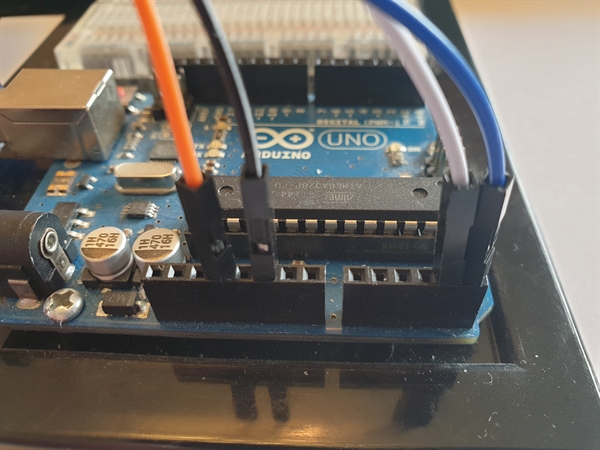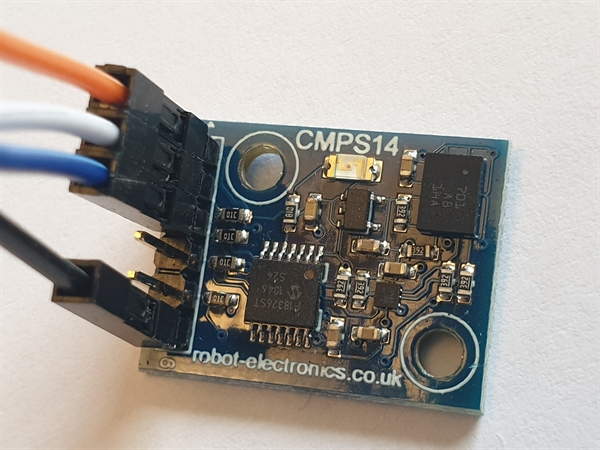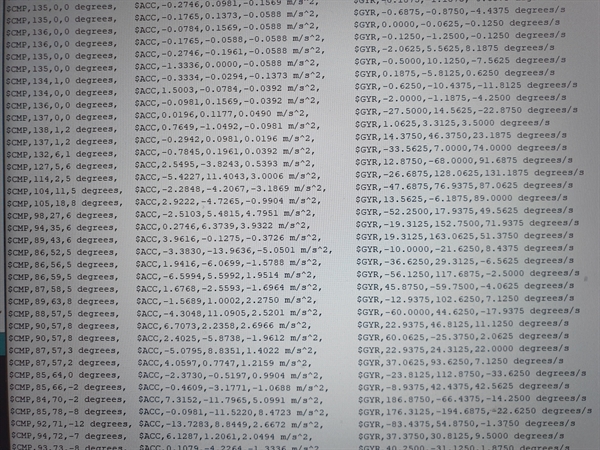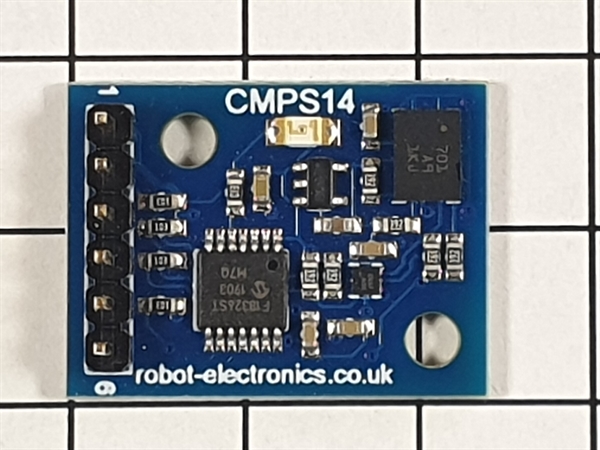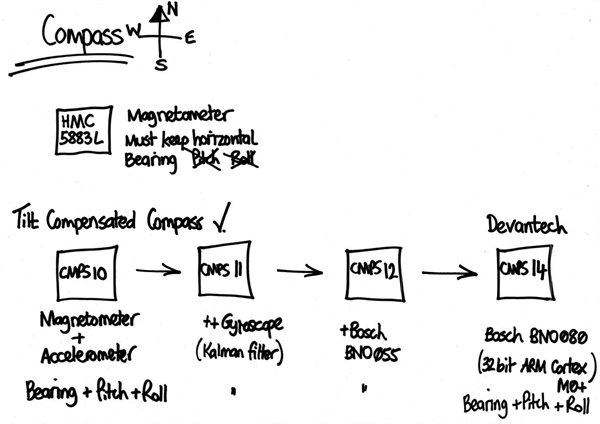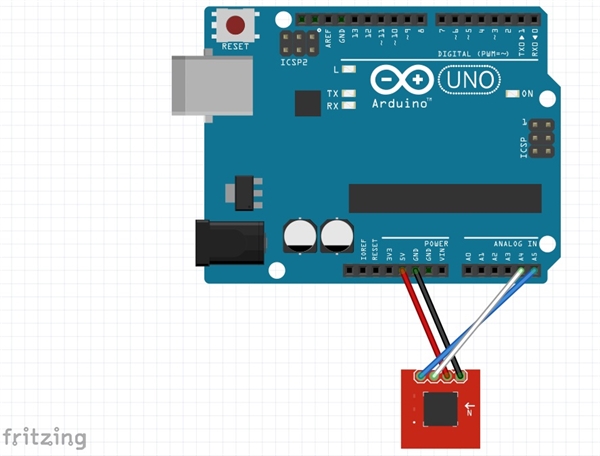Arduino Uno + CMPS14
It is pretty essential to have a tilt compensated compass module on a boat that heels. The CMPS14 compass is an example which met this requirement. Compared to the CMPS12 the compass has upgraded from the Bosch BNO055 to the BNO080. The automatic calibration was removed which I feel an improvement for early compass readings. The accelerometer now gives Linear Accelerator vector without gravity, which is what I want.
The last script is some calibration code.
Video
Please click thumbnail image to start the video
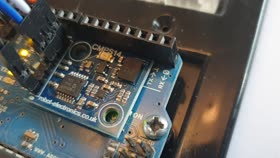
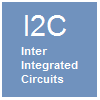
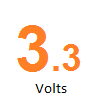
Photo
